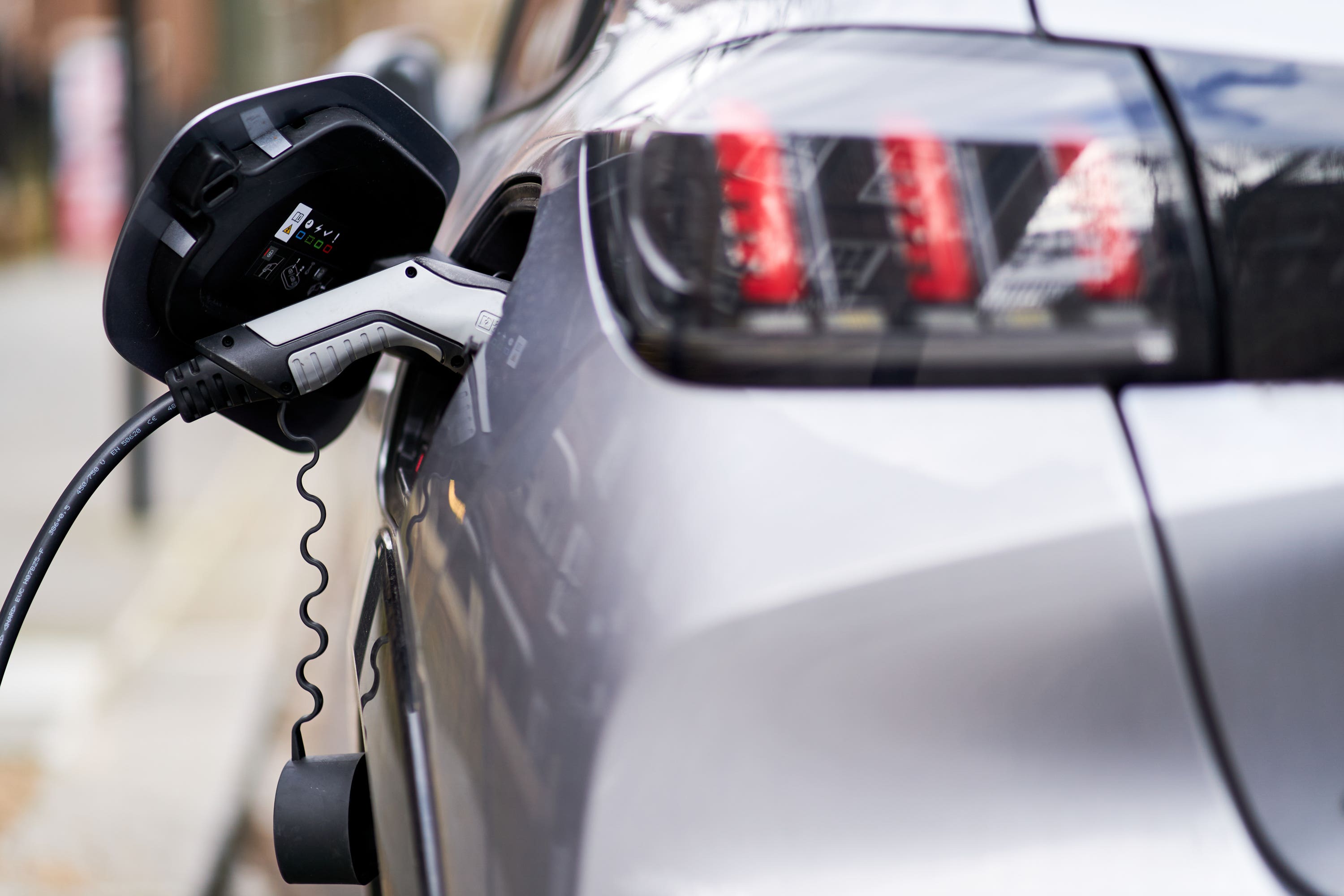Households could use EV batteries to power appliances under government plans
Bidirectional charging could enable families to charge cars when electricity costs are lowest and use it in their home at peak times.

Households could save “hundreds of pounds” on their energy bills by using electricity stored in their electric vehicles to power their home appliances, the Government has announced.
Known as “bidirectional charging”, the system could enable families to charge cars when electricity costs are lowest and use it in their home at peak times when prices are higher, the Department for Energy Security and Net Zero said.
The Government is awarding four projects a share of £4.8 million to develop and implement “Vehicle-to-Everything” (V2X) technology, which could also allow households and businesses to sell electricity from their vehicles back to the grid.
This is exactly the sort of ingenuity and creativity that makes the UK one of the world’s most innovative nations.
The funding follows Renault announcing in June that drivers of the upcoming electric Renault 5, which is set to launch in the UK in 2025, will feature a new vehicle-to-grid charging system, making it one of the first vehicles on sale to incorporate the technology.
Minister for Affordability and Skills Amanda Solloway said: “The prospect of families being able to store energy on their doorstep in electric vehicles and use it to power their homes is incredibly exciting.
“This is exactly the sort of ingenuity and creativity that makes the UK one of the world’s most innovative nations.
“By backing this technology, we could save families hundreds of pounds a year, while also supporting jobs, investment and growth.”
Transport Minister for Technology and Decarbonisation Anthony Browne said: “We’re continuing to support drivers, and this innovative new development is the next step in levelling-up our charging technology, which will benefit many households across the country.
“This Government has already spent over £2bn in the transition to electric vehicles and our charging network is growing at pace, with 44% more public charge points than this time last year, meaning drivers can charge more easily than before.”
Bookmark popover
Removed from bookmarks